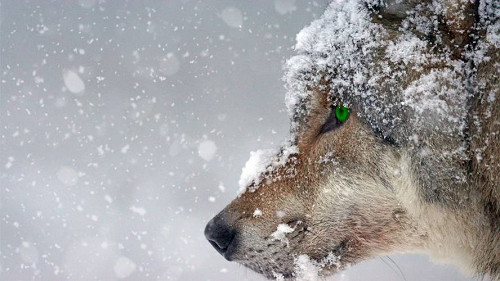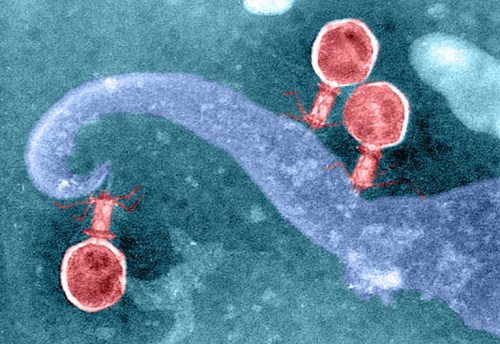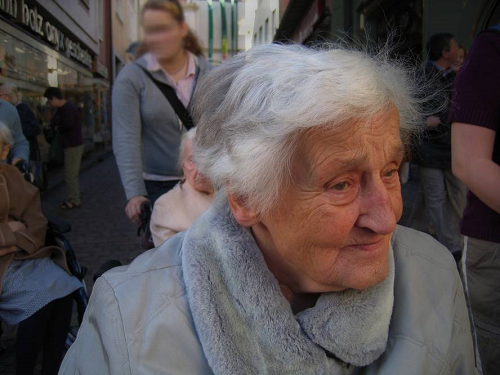Nature News
-

How quickly does COVID immunity fade? What scientists know
Vaccination, infection with SARS-CoV-2 and a combination of both provide varying degrees of protection.
-

Will an AI be the first to discover alien life?
SETI, the search for extraterrestrial intelligence, is deploying machine-learning algorithms that filter out Earthly interference and spot signals humans might miss.
-

The next worrisome coronavirus variant could come from China — will it get detected?
Genomic surveillance is crucial for tracking the next ‘variant of concern’, but many countries are winding back their monitoring.
-

Star graveyard revealed in super-clear image of the Milky Way
Detailed radio observations turn up previously unseen remnants of dying stars in the Galaxy.
-

These ‘green pea’ galaxies might have helped to end the Universe’s dark age
JWST has spotted three tiny, distant galaxies that could solve a long-standing cosmic mystery.
-

Colonoscopies save lives. Why did a trial suggest they might not?
A major clinical study raised questions about one of the most celebrated cancer-screening procedures available, but a close look at the data tells a different story.
-
![[:es]The ‘breakthrough’ obesity drugs that have stunned researchers[:]](https://katedra.eus/app/uploads/2020/04/PNG-3-1.png)
[:es]The ‘breakthrough’ obesity drugs that have stunned researchers[:]
[:es] A class of drugs that quash hunger have shown striking results in trials and in practice. But can they help all people with obesity — and conquer weight stigma? […]
-
![[:es]Brain stimulation boosts hearing in rats with ear implants[:]](https://katedra.eus/app/uploads/2022/11/png3-12.png)
[:es]Brain stimulation boosts hearing in rats with ear implants[:]
Study identifies neurons that can improve sound perception, which could explain the variation in performance in people with cochlear devices.

![[:es]The science events to watch for in 2023[:]](https://katedra.eus/app/uploads/2022/10/png3.png)